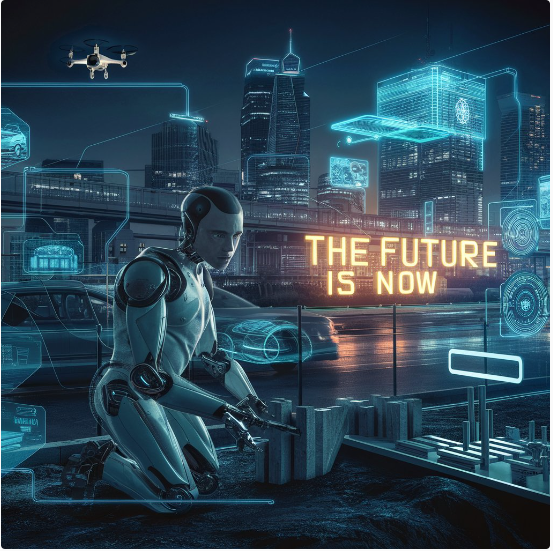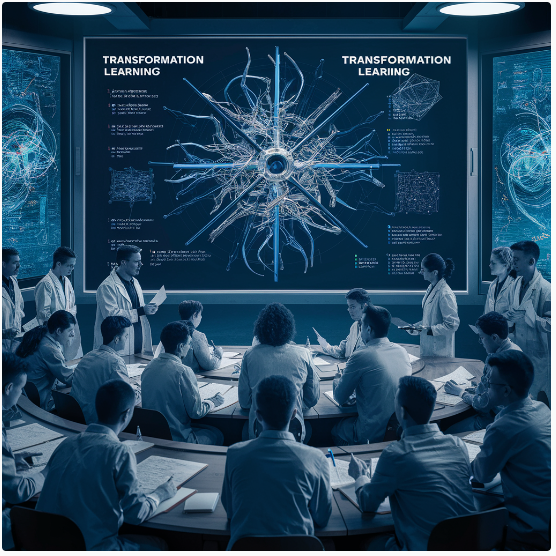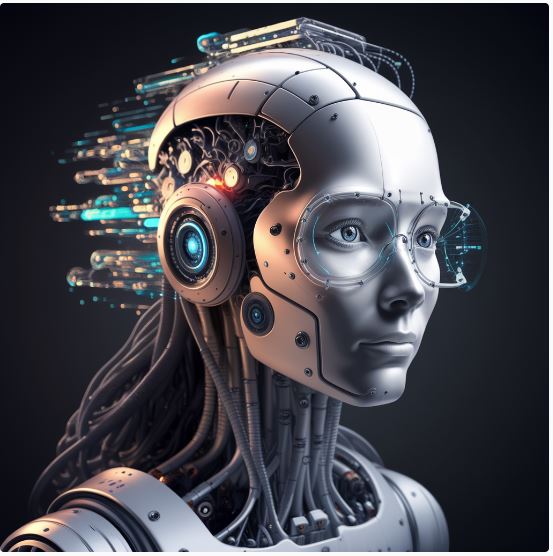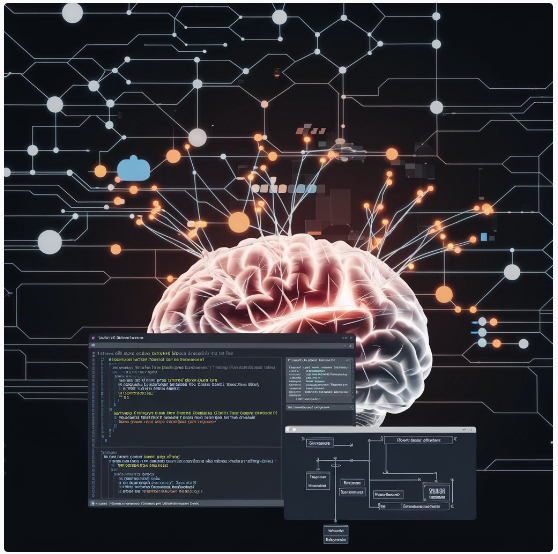The Future is Now: How Machine Learning is Shaping the World of Tomorrow

Over the past few years, machine learning (ML) has gone from being strictly in academia together with science fiction into our day-to-day life. Machine Learning is a subset of Artificial Intelligence (AI) that involves the development of algorithms and models, which allow computers to learn from and make decisions based on data. This leap in technology isn’t just a window into the future; it’s actively changing our past and will move on to shape some present. Real estate is just one of many industries that machine learning has already begun to re-disrupt, transforming still other sectors in ways we can probably only begin to imagine as related technologies advance.
1. Machine Learning Foundations
You need this to get how machine learning is changing the world. A perfect definition of Machine learning can be derived from the fact that it is a programming algorithm developed and designed in such a way that large amounts of data are passed through to make predictive decisions without predefined patterns. Machine learning comes in 3 main flavours.
- Supervised Learning: The practice of training algorithms on labeled data. — Tiran The Best Search concept and other common applications using image recognition spasms.
- Unsupervised Learning: Here data is not labeled, and we try to find the hidden dataset structure like clustering or dimensionality reduction.
- Reinforcement Learning: Learn models to act in a sequence of decisions based on the rewards and penalties for each decision. It is common in robotics and game-playing AI.
2. Healthcare: Diagnosis & treatment on its way to Revolution.
How ML is transforming Healthcare?
- Predictive Analytics: ML models can obtain insight if patient’s health data is analyzed to predict disease outbreaks and individual susceptibility. Algorithms can also predict certain conditions, such as diabetes or heart disease, by analyzing patient history and lifestyle factors.
- Healthcare Imaging: With Machine learning at the helm, it becomes easy to analyze medical images which helps in early detection of diseases like cancer. Well, accuracy of models in detecting the anomalies can be very high; sometimes more than human radiologists.
- Personalized Medicine: ML is used to better tailor treatments in individual patients, for examining genetic data and treatment responses. Since it is personalized, this can help in providing more efficient treatments without being too invasive.
3. Finance: Security and Investment Strategy Boosters
Machine learning is becoming indispensable in the financial sector:
- Fraud Detection: Machine learning algorithms are used to analyze patterns of transactions and detect fraud in real-time. Finding these patterns means detecting anomalies that would evade standard strategies, saving money and with it, protecting consumers.
- Algorithmic Trading: ML models predicting stock prices and market trends to participate in high-frequency trading, as well as investment strategies that adjust to the state of the markets.
- Credit Scoring—Machine Learning is being used to build credit scoring systems with more finite senses, allowing us to better assess the potential risk of borrowers and manage credit risks.
4. Autonomous Vehicles: Leading with Transportation
How machine learning is transforming the automobile industry:
- Original Text: Autonomous Vehicles — Self-driving technology rely on ML innovative algorithms. Utilizing the sensors and cameras, they work together with real-time data to make driving decisions that enhance safety on our roads.
- Traffic management: By using Traffic cameras and sensors, machine learning optimizes traffic flow. Doing so can lessen traffic and improve urban mobility.
5. Retail: Personalization of the Visiting Experience
The changing face of AI in retail: This video and it´s sublines erklärt, wie ML den Einzelhandel verändert
- Recommendation Systems: a solution created through the use of machine learning algorithms to analyze previous behavior and preferences for each customer — increasing their shopping experience based upon personalized suggestions, driving more sales ambient drive conversions.
- Inventory Management — Predictive analytics provides retailers the ability to anticipate demand of a product, thereby helping them in managing inventory effectively and thus reducing waste or ensuring store availability against an item.
- Chatbots and ML-powered virtual assistants are available 24/7 – Automation of Customer Support to resolve queries, deliver personalized suggestions for customers.
6. Degree Miners Education: Reimagining Learning Spaces
Personalized Education: Machine learning is helping to design personalized education streams such as —
Some examples where ML algorithms are Artificial Intelligence-based education platforms: Adaptive Learning Platforms – they leverage ML Algorithm to establish custom learning routes, according to a student’s performance and need that could help the different style of learners.
Automated Grading: ML checks and provides grades of the worksheets, exams which is time saving to both teachers and students get prompt personalized feedback.
7. Energy- Drink in moderation, sustainably
- Energy\TwigPut simply, energy is the quantitative property that must be transferred to an object in order for it to perform work on or heat up irrespective of how good of a process occurs.
- Smart Grids – The use of Machine Learning technology optimizes the distribution and consumption of energy, fostering more effective and reliable delivery over our energy grids. With these algorithms they can also predict failures of equipment before actually happening;
- Predicts weather patters and controls wind turbines, solar panels using ML to increase the efficiency of renewable energy sources.
8. Ethical and Future Considerations
Conclusion Machine learning is an evolving technology and that cause some ethical considerations.
- Bias and Fairness: ML algorithms can further encode biases into the system if they were trained with biased data sources. To avoid discrimination and inequality, it is important to guarantee fairness and transparency in ML models.
- Privacy: The application of machine learning on personal data brings concerns over privacy and data security. A conservative approach focused on minimizing privacy harms and implementing appropriate safeguards is important that suffice to protect individual rights.
- Job Losses: Machine learning, as it automates certain tasks job losses could see due to this in some fields. A change of this magnitude necessitates re-skilling or upskilling the workforce to take on new types of jobs and industries.
Conclusion
The future world has already made the present happen in case of Machine Learning it is no more a distant dream. ML technologies are revolutionizing industries from healthcare and finance to transportation, education as well. In the future, being able to find a trade off between all of these examples and machine learning will be important for it can benefit society as we continue moving forward. After all, the future is here and this age of transition would be not possible without machine learning.







One Comment